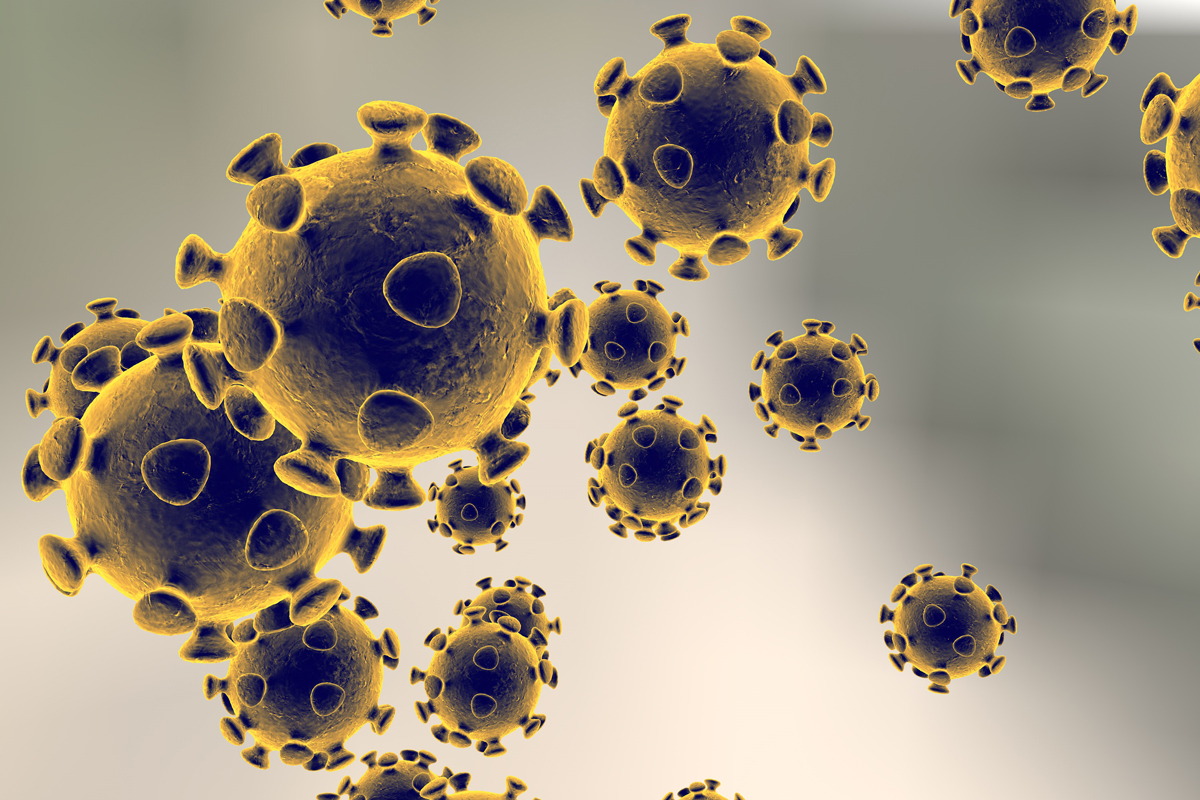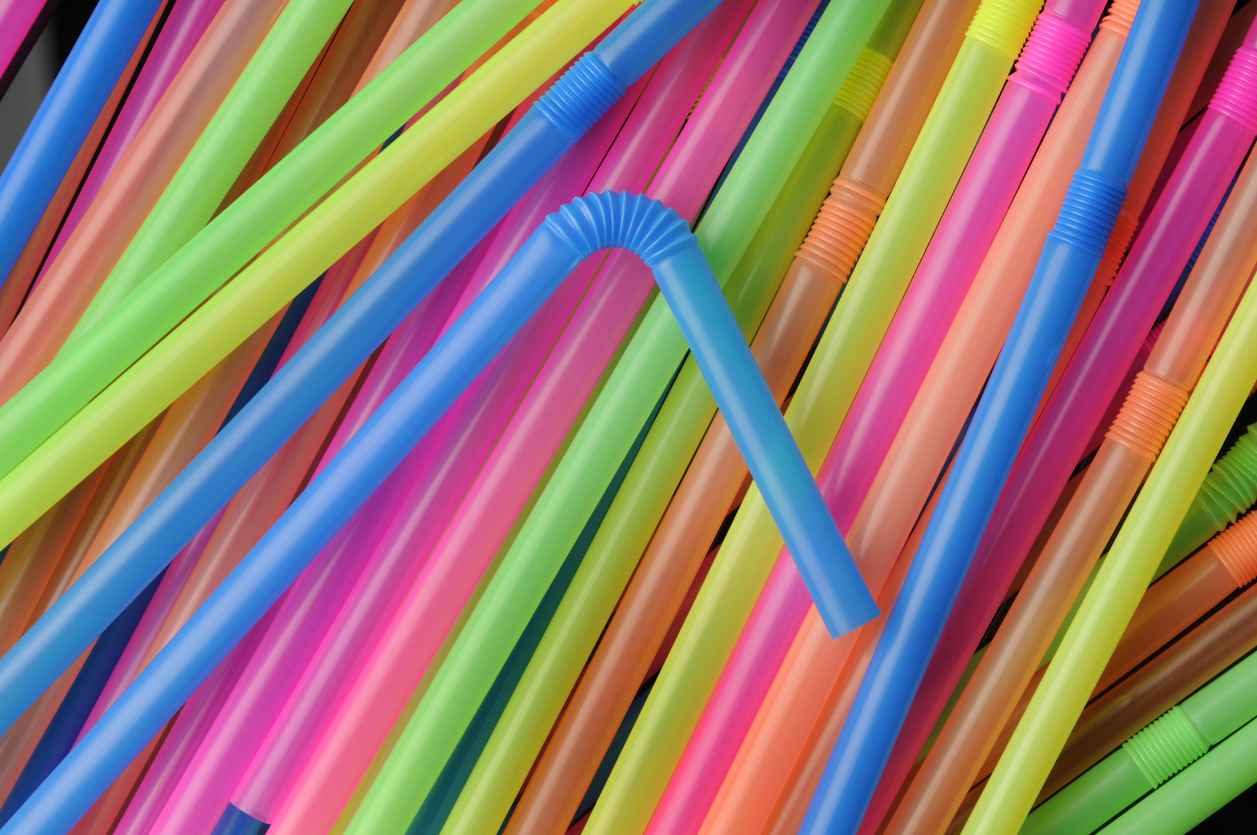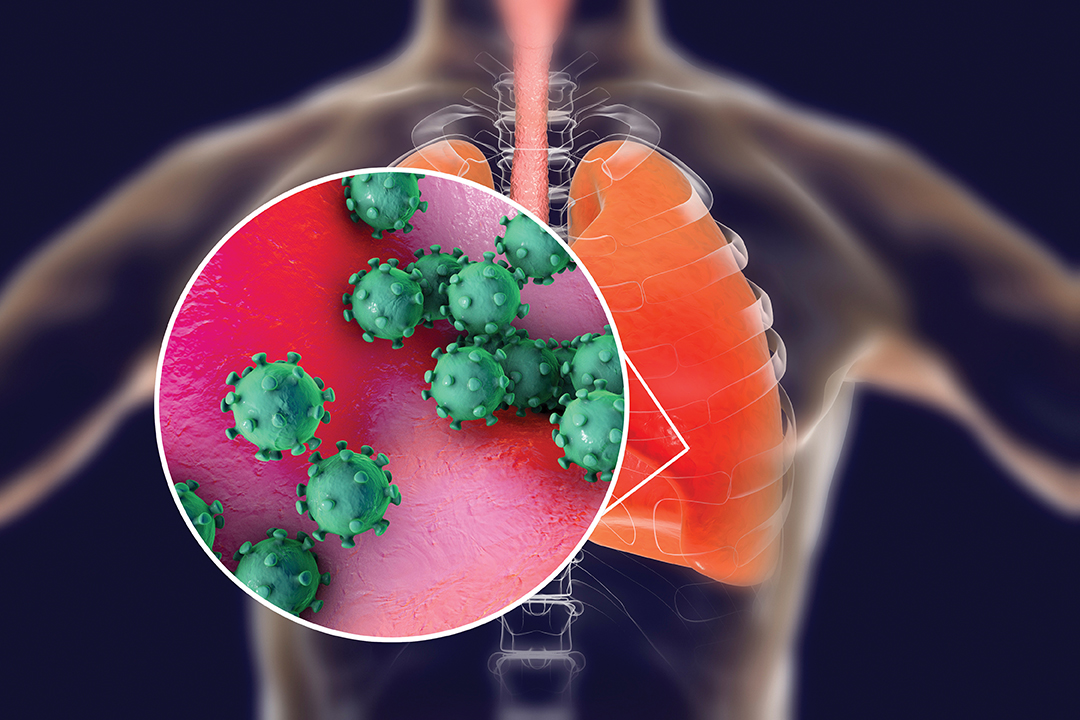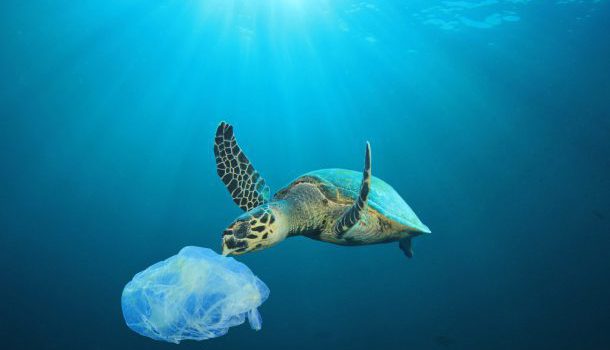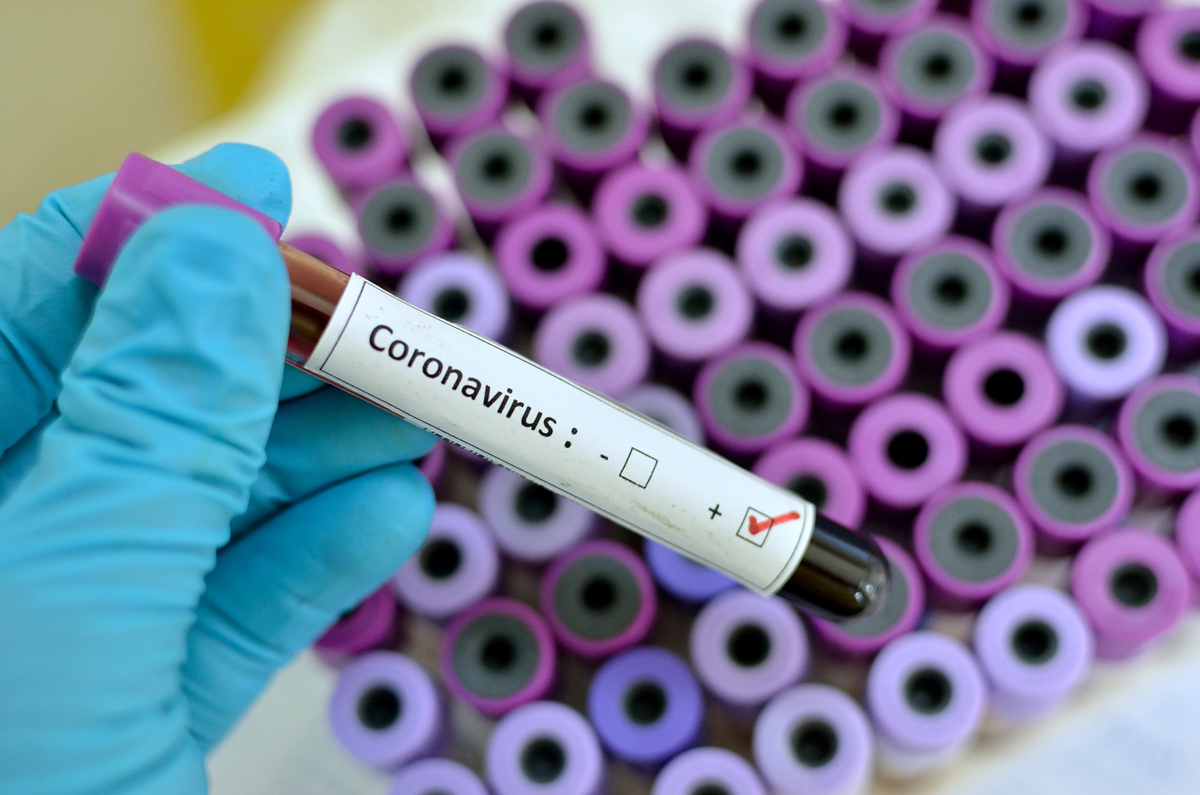
Prime Minister Scott Morrison has announced new travel restrictions in a bid to contain the coronavirus as the number of confirmed cases rises to nearly 12,000 globally.
The Prime Minister on Saturday announced foreign nationals (excluding permanent residents) who are in mainland China from today forward, will not be allowed to enter Australia for 14 days from the time they have left or transited through mainland China.
Australian citizens and permanent residents will still be able to enter, as will their immediate family members. This exemption will be extended to airline crews who have been using appropriate personal protective equipment.
Morrison said the travel ban, which will be reviewed in 14 days, was based on the advice of the Communicable Diseases Network Australia.
In particular, “the changing epidemiology of the coronavirus in China and the uncertainty that remains around its transmission and virulence, mean the utmost precaution is warranted.”
The Prime Minister also announced the government will make 500,000 masks available for airport and port staff and arriving passengers and handheld thermometers will be made available at impacted ports.
The travel advice to Australians for all of mainland China has also been raised to Level Four – “Do not travel.”
South Australia records first confirmed case
The announcement comes as South Australia recorded its first confirmed cases of the coronavirus after a Chinese couple tested positive to the disease.
There have been 12 confirmed cases in Australia, including four cases in NSW, three in Victoria and two in Queensland.
Last week the World Health Organisation (WHO) declared the new strain of coronavirus a public health emergency of international concern. The decision was announced after a Geneva meeting of the international organisation’s emergency committee.
Director-General of WHO Tedros Adhanom Ghebreyesus described the virus as an “unprecedented outbreak” that has been met with an “unprecedented response”.
“The main reason for this declaration is not because of what is happening in China, but because of what is happening in other countries.
“Our greatest concern is the potential for the virus to spread to other countries with weaker health systems.
“Let me be clear, this declaration is not a vote of no confidence in China. On the contrary, WHO continues to have coincidence in China’s capacity to control the outbreak.”
Coronaviruses (CoV) refers to a family of viruses that cause illness ranging from the common cold to more severe diseases such as Middle East Respiratory Syndrome (MERS-CoV) and Severe Acute Respiratory Syndrome (SARS-CoV).
The 2019-nCoV, also known as the Wuhan Coronavirus is a novel or new coronavirus, that was first identified in humans in Wuhan, China, in December 2019.
Industry urged to review cleaning practices
According to biorisk management professional, Patty Olinger, executive director of the Global Biorisk Advisory Council, a division ISSA, everyone, including cleaning professionals, need to pay close attention to what is going on in the world regarding the Wuhan Coronavirus.
“Right now, cleaning professionals and the general public need to remind themselves of proper practices for illnesses such as the flu, which should be equally protective with this novel virus,” Olinger says.
“Wash your hands often, use an alcohol-based hand sanitizer when you can’t wash your hands, cover your mouth when you sneeze or cough, stay home if you feel ill, and keep you distance from those who are ill,” Olinger told CMM.
“It is important that we revisit our existing processes and procedures as to when we need to wear a respirator and why. Then ask ourselves what are we going to do if they are not available? It is likely that we will see a shortage in masks, respirators as well as disposable gowns, as we saw during the Ebola outbreak in 2014-2015 and during the 2009 H1N1 (Swine Flu) pandemic.
“We also need to revisit our processes and procedures for proper cleaning, sanitization and disinfection of surfaces and spaces. This is critical.”
Comment below to have your say on this story.
If you have a news story or tip-off, get in touch at info@3.106.117.80.
Sign up to INCLEAN’s newsletter.
